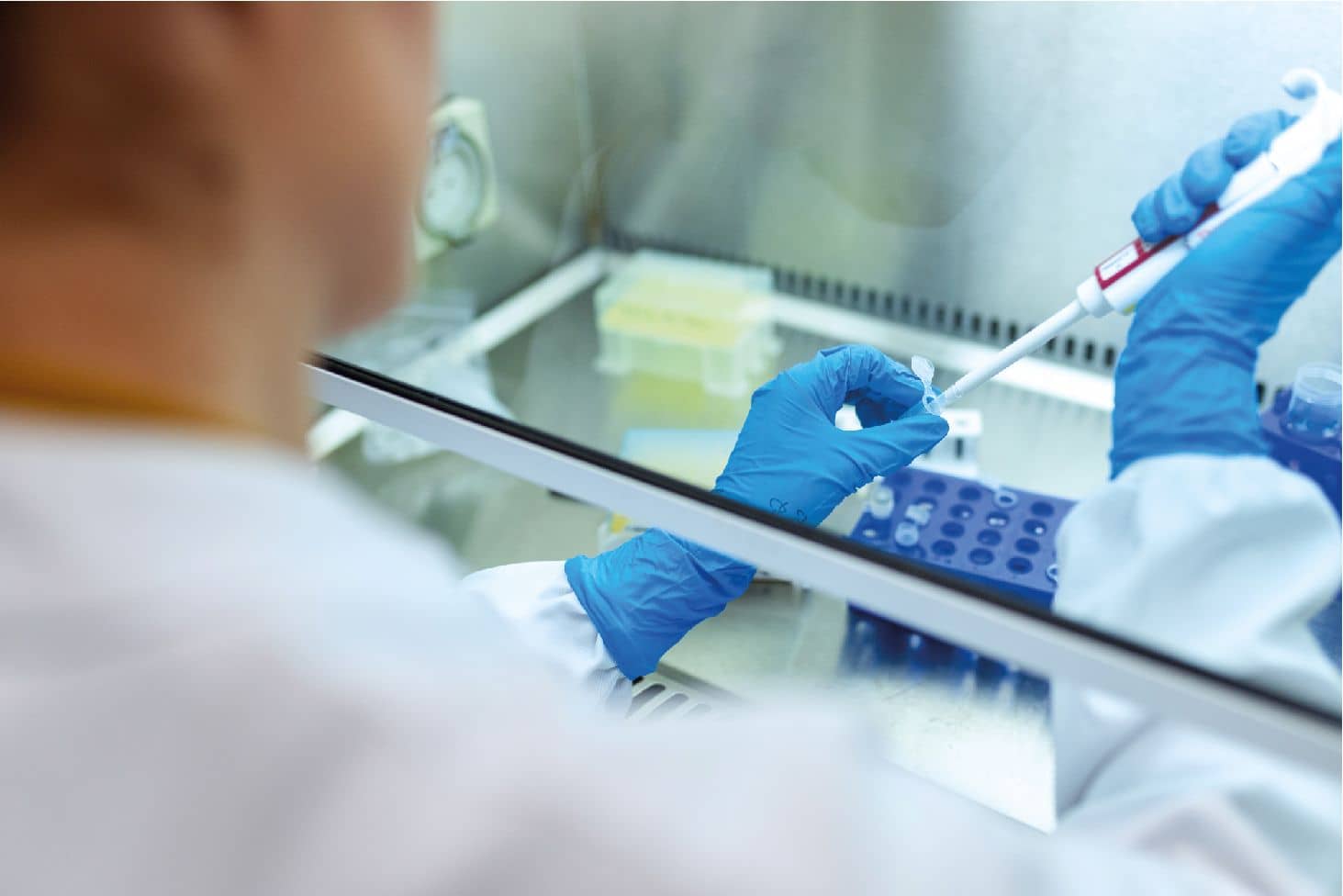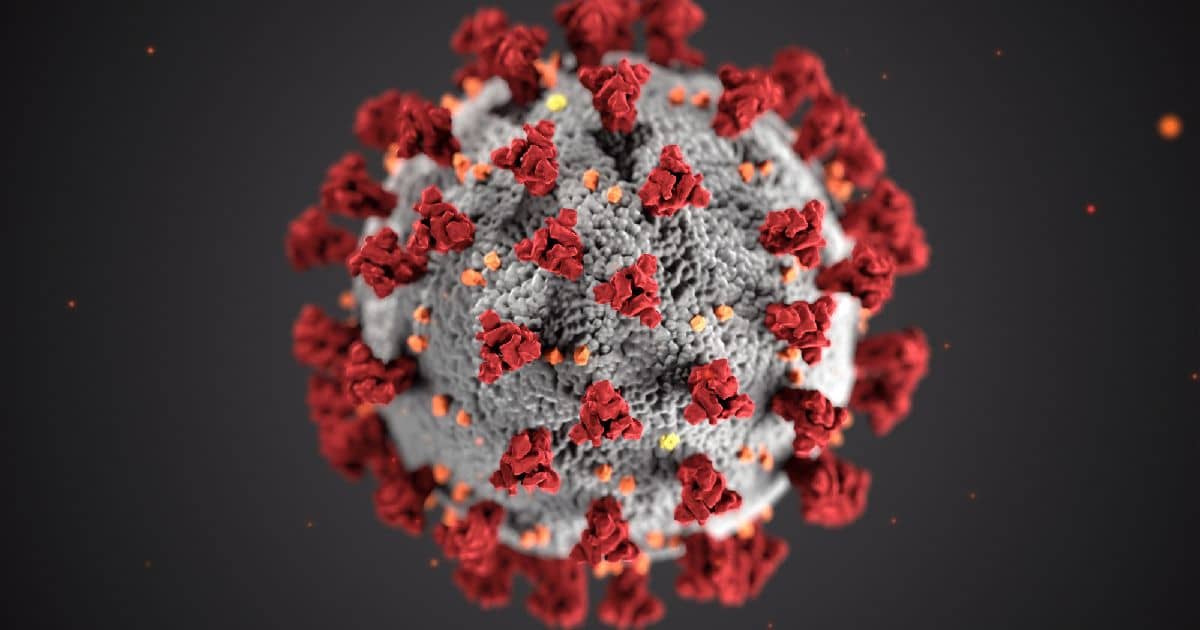Everything you need to know about COVID-19 testing
Please Note: This article discusses COVID-19 testing in general. We no longer provide COVID-19 tests.

COVID-19 was something that gripped the world and its effects still continue to linger but as the UK struggles to find a new normal, many wonder what the regulations and rules surrounding COVID-19 testing are now that the lockdown has been lifted. In this blog, we’re going to discuss all COVID-19 testing and what you need to know to help keep you and those around you safe.
So, what type of Covid-19 tests are there? Covid-19 testing is a test that looks at whether you are positive or negative for having the covid-19 virus. There is three types of testing you can have Lateral Flow Rapid Antigen Testing, PCR Testing and Antibody Testing. Each of the test involve taking a swab sample from either your nose, throat or both or a blood test and getting your results back anywhere between 30 mins or 3 days depending on the type of test you have taken.
Read on to find out all about the different types of covid-19 testing and where you can have one done.
What Are the Different Types of COVID-19 Tests?
There are three broad categories of COVID-19 tests that currently exist: Lateral Flow tests, PCR tests and antibody tests.
Lateral Flow Rapid Antigen Testing
These are virus tests that can process COVID-19 samples without the need for laboratory equipment and typically results are produced within half an hour. The swab sample is taken from either your nose, throat or both and is then tested to see if you have the virus. This is the main point for self-testing for a lot of people as they are convenient to complete at home.
There is a lot of scepticism about the reliability of the results of rapid antigen tests but Public Health England and the University of Oxford have carried out extensive research on lateral flows which concluded that they are highly sensitive and accurate within multiple settings.
PCR Testing
PCR testing is used to see whether a patient has the virus at the time they are tested. The majority of tests that are used both in the UK and across the globe are PCR tests. These tests use a nasopharyngeal swab sample taken from the nose and the throat which is then tested in a laboratory for signs of the virus RNA.
They identify the presence of the SARS-CoV-2 nucleic acid and diagnose whether the patient currently has the virus in their body. By detecting the viral RNA, they are able to diagnose COVID-19 in the very early stages of infection.
Antibody Testing
Where Lateral Flow and PCR tests identify the virus itself, antibody testing identifies your body’s response to the virus. These tests can say whether someone has had COVID-19 in the past or if they have reacted to the Covid vaccine. They work by identifying the presence of antibodies created when your body fights off the virus or produces antibodies in response to vaccine administration.
These tests require a blood sample, usually delivered through a finger prick. Many COVID-19 antibody tests that are currently available are instant tests that can offer results within 15 minutes of a sample being taken. In the UK, these are only safe to be carried out by a medical professional.
Most antibody testing will look for both IgM and IgG antibodies. [1]
- IgM antibodies appear early on in an infection
- IgG antibodies show up later on the following infection, usually after you’ve recovered.
These are currently available as laboratory tests, but only one identifies the IgG antibody.
How Do You Get a COVID-19 Test?
The UK is no longer testing for COVID-19 amongst the general public, but people can still get tested by going to a private company. Many private companies are currently offering PCR tests that use the same test assay as those used by the NHS. The only people who qualify currently to get free COVID-19 tests from the NHS are;
- If you have a health condition that means you are eligible for treatments for COVID-19
- If you work within the healthcare or adult social care industries
- If you’re going to the hospital
What Happens if You Test Positive For COVID-19?
If you test positive for COVID-19, it doesn’t affect your prognosis because there is currently no cure for the disease. It does, however, allow you to protect others from infection.
If you test positive, the NHS advises that you should try and stay home and isolate for 5 days after the day that you took the test. For full advice on what you should do if you show symptoms or test positive for coronavirus, visit the government’s coronavirus response page.
By taking a test that returns negative, you will know that you pose no danger to your family, friends or colleagues, although social distancing measures should still be observed.

How Can Coronavirus Testing Help?
When it comes to COVID-19, testing played a vital role in how the global community continues to deal with the virus.
Prevent the Spread
Testing is highly effective at preventing and restricting the spread of COVID-19 as it allows those who have the disease to isolate. Countries that have tested a higher percentage of the population (such as South Korea and Germany) have seen a much slower spread of the virus, partly thanks to their ability to contain cases, including those that are asymptomatic.
Elsewhere, a study in Italy showed that testing the entire community completely eradicated the virus from the town.[3]
For Medical Reasons
Although there is no cure for COVID-19, testing helps doctors understand the disease that they are dealing with and helps them manage symptoms more effectively. If a patient presents in the hospital with breathing difficulties, it’s helpful for doctors to confirm it’s COVID-19, as other causes could be more easily treated with medicines.
Establish trends within the community
The data gained from both antibody testing and PCR testing can tell us more about how the virus behaves and the dangers it poses for various sections of the community.
As well as helping contain the virus, effective and widespread PCR testing can help the medical profession understand the risk factors of the disease over time, enabling them to be more proactive in their treatment. [4]From an epidemiological point of view, it can help identify whether social distancing measures, such as closing schools or public transport are having a positive effect.
Antibody testing can offer the same kind of data, but more retrospectively and without the primary benefit of containing the virus. It helps identify risk trends, just like PCR testing, but this form of testing is really useful if the antibodies are shown to offer long-term immunity. So far we have seen COVID-19 mutating around antibodies into different strains, limiting the positive effect of antibodies, but as it is a relatively new disease, we are yet to see how it will behave over a long period of time.
References
- WebMD. Antibody Testing for COVID-19.
- The Conversation. 3 April 2020. Coronavirus: Why is Germany’s fatality rate so low?
- The Guardian. 18 March 2020. Scientists say mass tests in Italian town have halted Covid-19 there.
- Science Media Centre. 1 APRIL, 2020. Expert comments on different types of test for COVID-19.
- British Society for Immunology. 14 March 2020. BSI open letter to Government on SARS-CoV-2 outbreak response.
